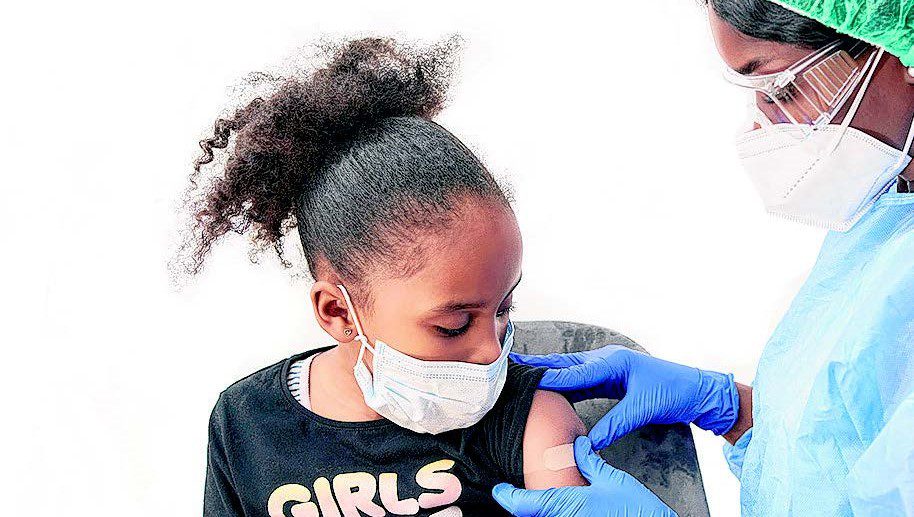
[This piece was written by Nathan Graber, MD, MPH, FAAP, with St. Peter’s Pediatrics in Clifton Park, a member of St. Peter’s Health Partners Medical Associates.]
Autism spectrum disorder, or autism, is common. As many as 1 in 59 American children meet the diagnostic criteria. Autism is a neurologically-based disability that affects a child’s social skills, communication and behavior and isn’t the same in every child.
Developmental differences usually become apparent early in childhood and most children can be diagnosed before the age of three. However, it may be difficult to diagnose in some children until they are much older.
Early diagnosis of autism is really important. It allows parents to access intensive treatments that can ultimately improve a child’s overall outcome in language, adaptive behavior, academic performance and IQ. Since parents know their children better than anyone, they should let their pediatrician know when something doesn’t seem right with their infant or toddler.
Children with autism may roll over, sit up and walk on time. However, less obvious signs involving the development of gestures, pretend play and social language can be overlooked until parents notice differences in how their child interacts with his or her peers. Children with autism may be different than other children in their social interactions, the way they communicate and how they behave. Some examples:
- Doesn’t keep eye contact or makes very little eye contact
- Doesn’t respond to a parent’s smile or other facial expressions
- Doesn’t show concern (empathy) for others
- Doesn’t say single words by 16 months
- Repeats exactly what others say without understanding the meaning (often called parroting or echoing)
- Loses language or other social milestones (often called regression)
- Rocks, spins, sways, twirls fingers, walks on toes for a long time, or flaps hands (called “stereotypic behavior”)
- Obsessed with a few or unusual activities, doing them repeatedly during the day
There is a range of normal development and most developmental delays are not due to autism. At every well-baby visit, pediatricians will routinely screen children and babies for proper development. If they detect any delays, the child may be referred to the New York State Department of Health Early Intervention Program (EIP).
EIP is a free program that evaluates and provides services to young children (birth to three years) who are not learning, playing, growing, talking or walking like other children their age. For the most part, children respond well to the interventions.
Children are specifically screened for autism by the pediatrician at least twice between the 18 and 30 month well-child visits. The test is called the M-CHAT and it is a set of questions that are administered in the office to the parent.
It is important to note that the M-CHAT is just a screening test and children who test positive don’t necessarily have autism. Likewise, sometimes the M-CHAT will miss children with autism. It is best used in combination with health and family history to identify children at risk. The parents’ opinion is irreplaceable and by partnering with pediatricians, children with autism can be assured the best possible outcomes.
To read more about the signs of autism, visit www.healthychildren.org.
St. Peter’s Pediatrics – Clifton Park, 1 Tallow Wood Drive on the St. Peter’s Medical Campus, offers a complete range of services for children. New patients are welcome, with services including well-child routine care, sick-child exams, school and camp physicals, sports physicals, immunizations, and access to other hospital services and referrals to specialists. Call 518-688-0295 for an appointment.





